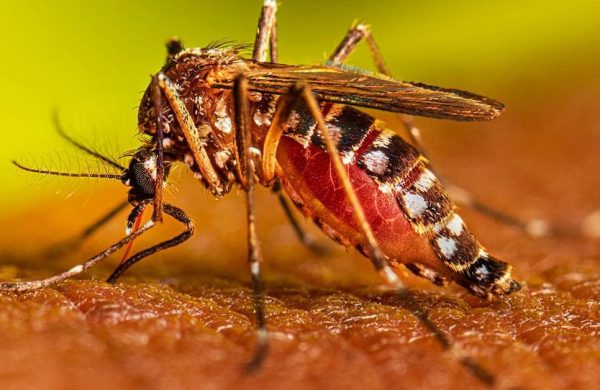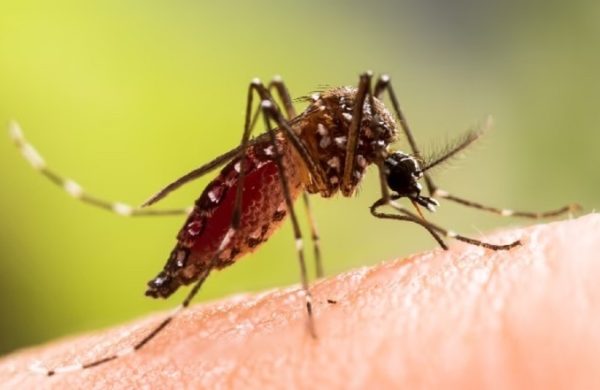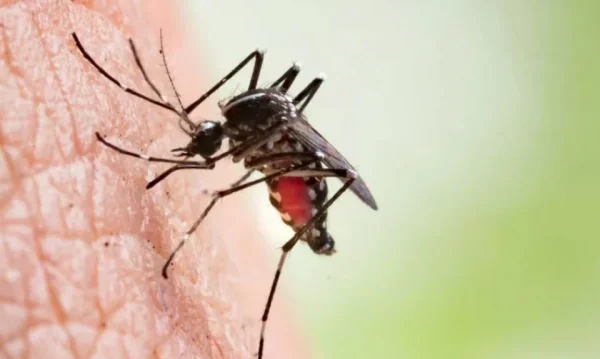Harmful substances found in brinjal may increase cancer risk: Study
- Update Time : Tuesday, September 27, 2022

News Desk: An excessive amount of trace metals, mainly lead, nickel, and cadmium, has been found in brinjals cultivated on a mass scale in Islampur and Melandah upazilas of Jamalpur, according to a study.
Jamalpur is one of Bangladesh′s top producers of brinjal, accounting for around 8.5% of the country′s total production.
Regular consumption of this vegetable will increase the risk of cancer, the study says.
A group of researchers at Bangladesh Agricultural University (BAU) conducted the study, “Human health implications of trace metal contamination in topsoils and brinjal fruits harvested from a famous brinjal producing area in Bangladesh.”
The findings of the study were published in the globally acclaimed science journal “Nature Portfolio” on 22 August.
Trace metals such as lead (Pb), cadmium (Cd), chromium (Cr), copper (Cu), nickel (Ni), zinc (Zn), iron (Fe), manganese (Mn), and others are normally present in small but measurable amounts in animal and plant cells. They are a necessary part of nutrition and physiology but an excessive amount of any of these elements, when consumed, can be hazardous to health.
The scientific study found high levels (four to five times more than the normal range) of some of these elements in brinjals harvested from the aforementioned area.
Researchers believe that regular consumption of these brinjals for a prolonged period of time can cause various diseases, including cancer.
For this reason, they suggest more research to find excessive amounts of harmful metals in eggplants and other vegetables should be carried out on a large scale across the country.
In the study, researchers also note that pesticides or fertilisers used by farmers might be a reason for this trace of chemicals in brinjals.
Dr Md Zakir Hossen, lead researcher and professor at the Department of Agricultural Chemistry at Bangladesh Agricultural University said,”We have worked with 80 eggplant samples and 60 soil samples from 20 places in Islampur and Melandah upazilas of Jamalpur district.”
“We found the presence of lead and nickel in most of the samples, which are harmful to the human body. The presence of these elements is also high in the soil of that area. These substances might have been spread to the soil from fertilisers or pesticides.”
“We mainly focused on lead, nickel and cadmium. The presence of other elements can also be harmful to the human body but we do not have a system to check them,” the researcher said.
Local agriculture officers of Jamalpur said they do not have any research on whether brinjal contains these harmful elements. Since there is no effect on the production of brinjal, they do not even think about these issues.
They, however, acknowledged that most farmers use excess pesticides on eggplants.
The study was undertaken to determine the presence of trace metals in 60 topsoils and 80 eggplant fruit samples from a famous brinjal-producing area of Bangladesh using atomic absorption spectrometry (AAS), which detects elements in either liquid or solid samples.
Anika Bushra, one of the members of the research team and a student of the Bangladesh Agricultural University, said, “We collected the soil and brinjal fruit samples directly from the field. The collected eggplants were oven-dried before being tested in the lab.”
The study also revealed that brinjal consumption provides a tiny amount of nutritionally important trace elements required for an adult human.
Muhammad Harun-ur-Rashid, additional deputy director (crops) of Jamalpur Agriculture Extension Department, told TBS, “We have no research on these harmful substances, but if they are present then they are definitely harmful to the human body.”
“We do not know about the research of Bangladesh Agricultural University. Now that I know of the matter, we will discuss what can be done about it and take action,” he said.
Bangladesh Agricultural Research Council (BARC) Nutrition Unit Director Dr Mohammad Rafiqul Islam said, “The issue of excessive harmful elements, including lead, nickel, cadmium, in brinjals has also come up in our research. We found the presence of these chemicals to be two to three times more than the normal range in eggplants from different areas of the country, which can cause various diseases such as cancer if taken in the long term.”
Blaming the use of pesticides and environmental pollution for such vegetable contamination, he called for the use of organic pesticides. Besides, he thinks that it is important for the Environment Department to play an effective role in preventing pollution.
Brinjal is a popular vegetable used in daily diets (7.28 g/person-day) in Bangladesh and is served round the year. Dietary intake of brinjal fruits supplies a significant amount of an adult′s daily need for vitamins, minerals and phenolic compounds.
However, many studies at home and abroad have suggested that vegetables such as potatoes, brinjals, arum, amaranth, radish, lady′s finger, and cauliflower are prone to metal accumulation.
According to the Bangladesh Bureau of Statistics, brinjal is the second most important vegetable grown in both summer (9.6% of total vegetable production) and winter (4.7% of total vegetable production) in Bangladesh.
Jamalpur district is one of Bangladesh′s top producers of brinjal fruits, accounting for around 8.5% of the country′s total production. Islampur upazila produces the highest amount (60.4% of Jamalpur’s total output) of brinjal fruits.



















